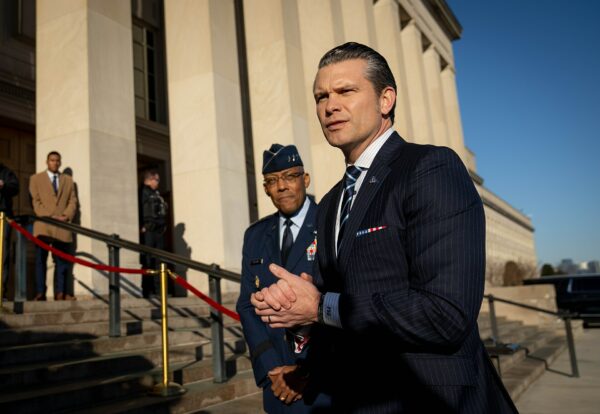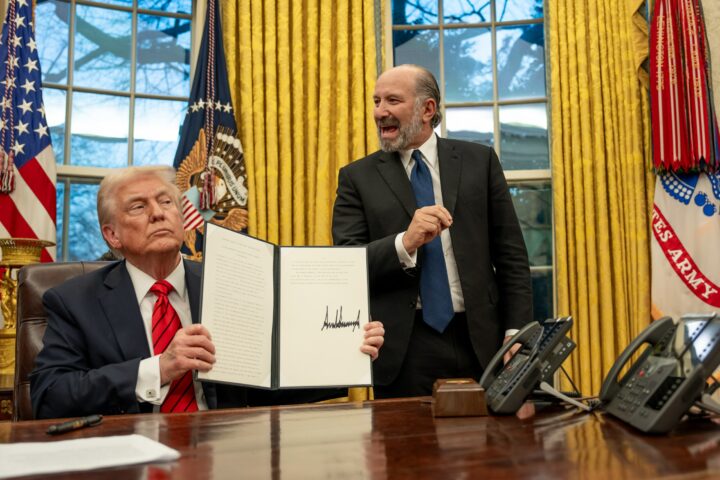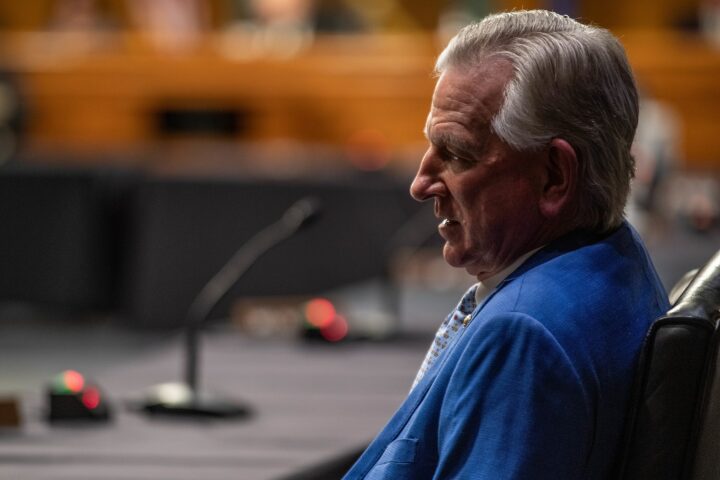The Department of War is now reportedly preparing to ask President Donald Trump for final approval to execute Nidal Hasan, the radical Islamic terrorist who killed 13 people and wounded 32 others during his 2009 rampage at Fort Hood. A Department of War official reportedly said that the recommendation is now advancing through the chain of command and will soon reach the president’s desk.
If carried out, the execution would mark the first use of the military death penalty since 1961. Hasan, once an Army major and psychiatrist, was sentenced to death in 2013.
After years of appeals, his case reached its conclusion in April when the Supreme Court declined to hear his final challenge, according to the San Antonio Express. Hasan remains imprisoned at the U.S. Disciplinary Barracks in Fort Leavenworth, Kansas.
“Inmate Hasan’s packet is now in the staffing process for presidential action,” the Department of War official confirmed. Under Army regulations, such recommendations begin with the Army staff before moving to the Army secretary, the Secretary of War, and finally to the president for approval.
Defense Secretary Pete Hegseth made clear his position in an exclusive interview. “I am 100 percent committed to ensuring the death penalty is carried out for Nidal Hasan,” Hegseth said. “This savage terrorist deserves the harshest lawful punishment for his 2009 mass shooting at Fort Hood. The victims and survivors deserve justice without delays.”
Hasan’s case has long been a source of controversy, not only for the brutality of the attack but also for how the government classified it. Despite evidence of Hasan’s radical Islamist ideology — including testimony to a military mental health panel that he justified the murders because his victims were “going against the Islamic Empire” — the Pentagon at the time declined to charge him with terrorism.
Instead, the massacre was designated “workplace violence,” a decision that drew outrage from many in the military and from survivors of the shooting.
Hasan is one of only four people currently on military death row, according to the Death Penalty Information Center. Service members convicted under the Uniform Code of Military Justice face a different process than civilian defendants, requiring presidential approval before an execution can proceed.
For Trump, the decision represents not just a legal judgment but a broader statement on justice. The administration has consistently supported capital punishment in cases of extraordinary violence, arguing that the death penalty remains a valid and necessary tool for deterring heinous crimes.
The White House did not immediately respond to a request for comment on the Hasan case. But with the formal packet now advancing, the president will soon face a decision that could bring long-awaited closure to the victims’ families and reinforce the administration’s message that acts of terrorism against Americans will be met with the strongest possible response.
[READ MORE: Russia Angered By ‘Paper Tiger’ Comments]








